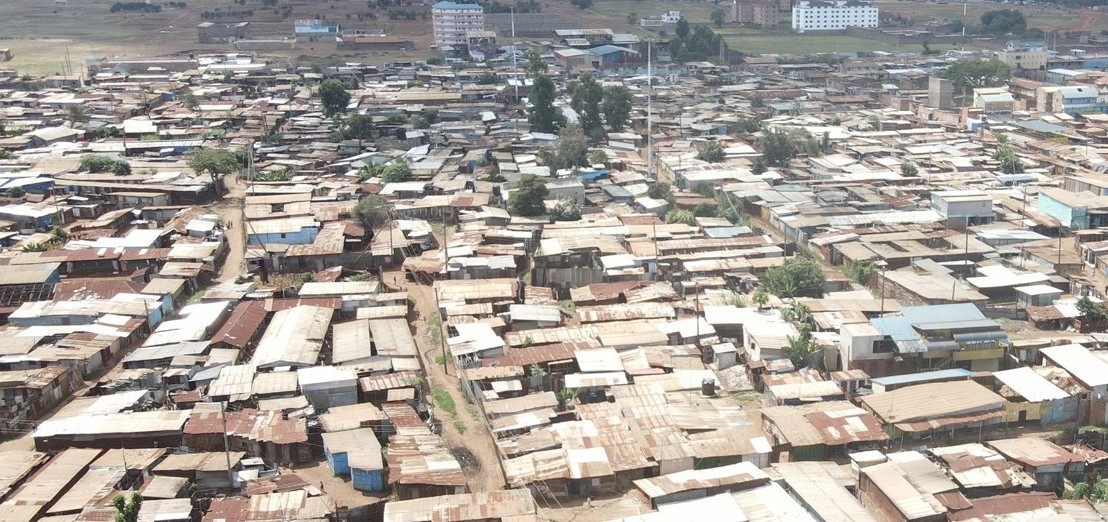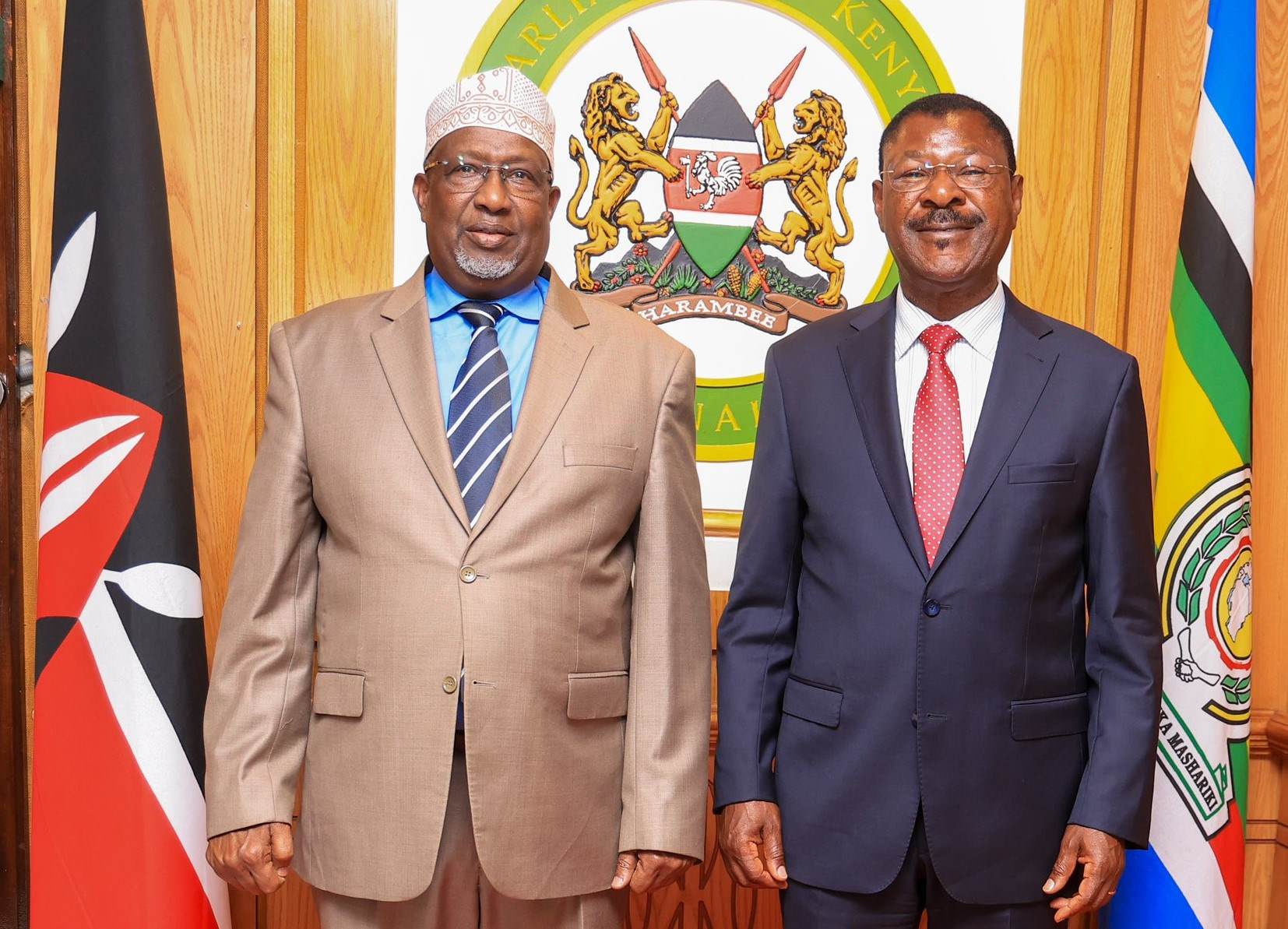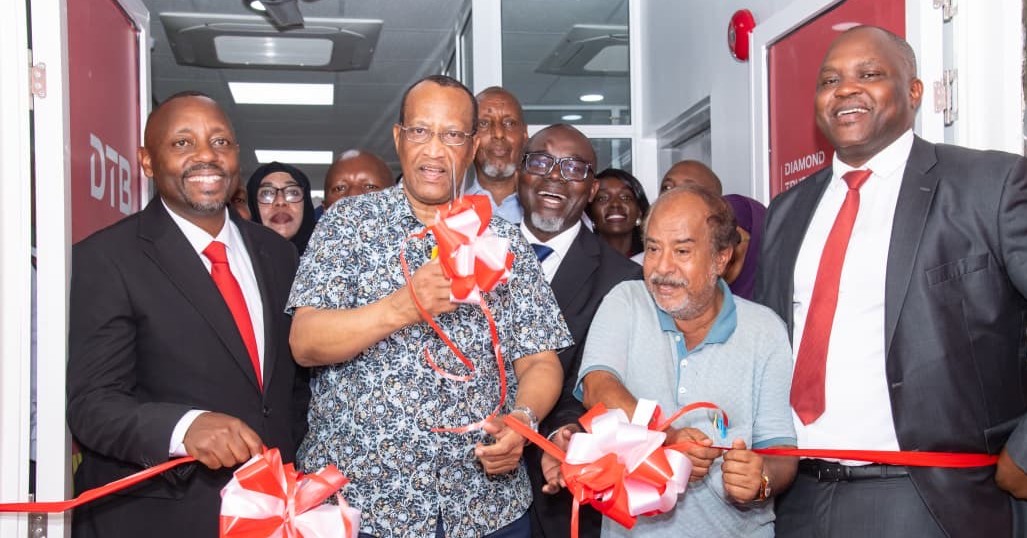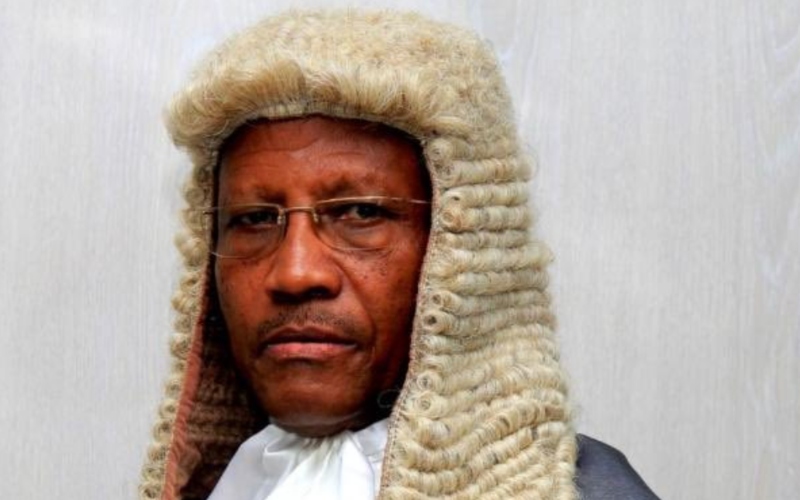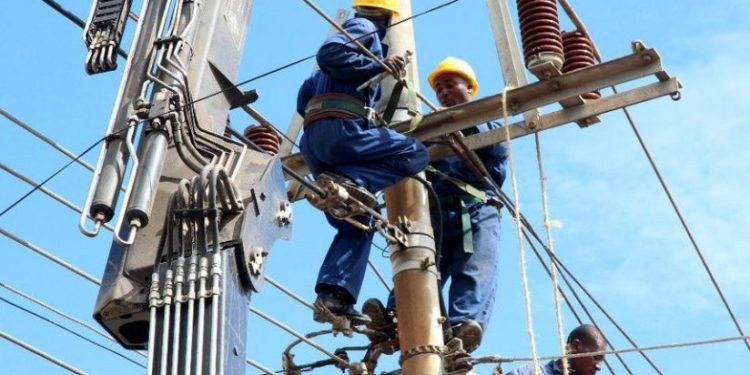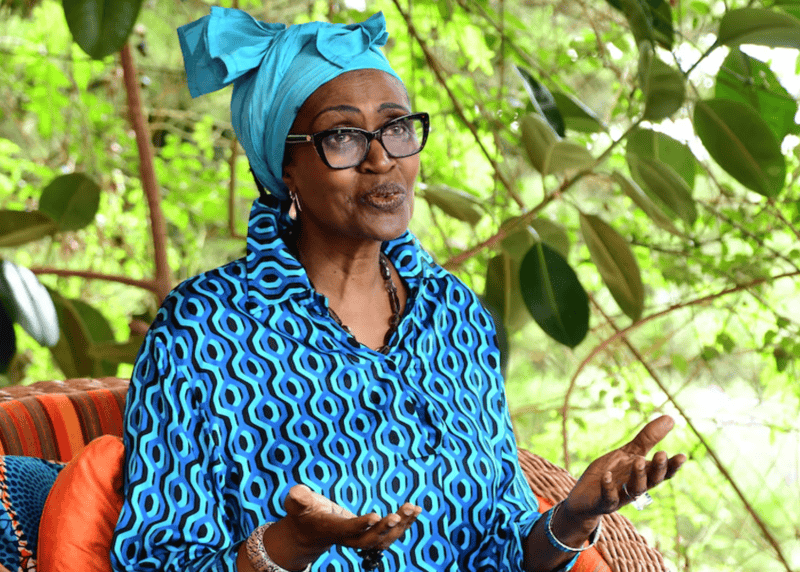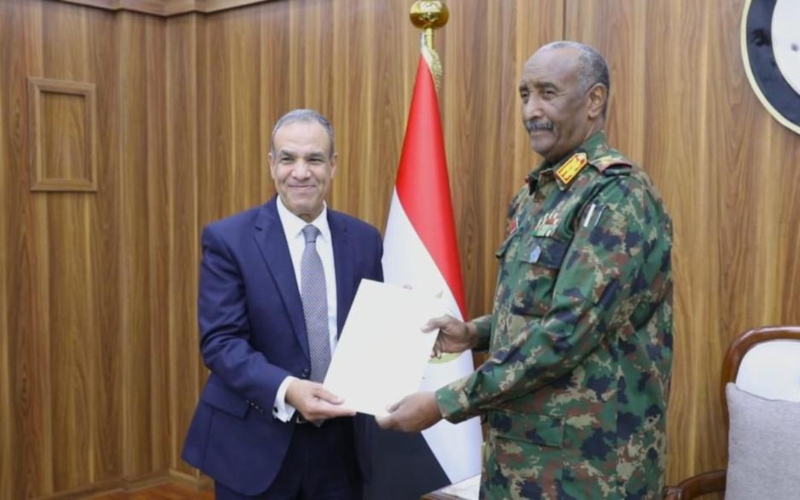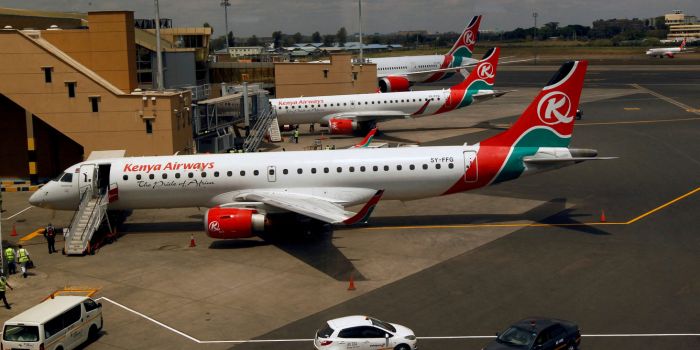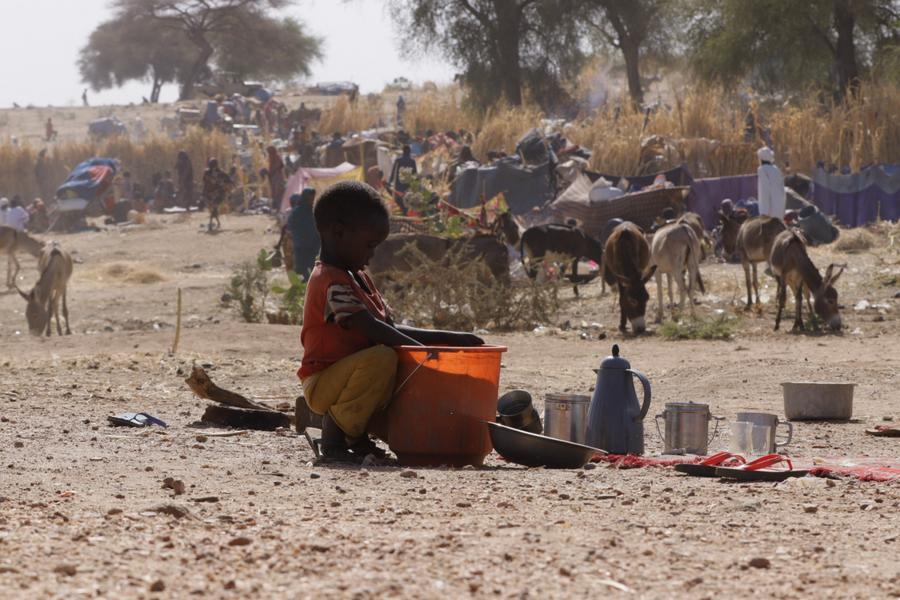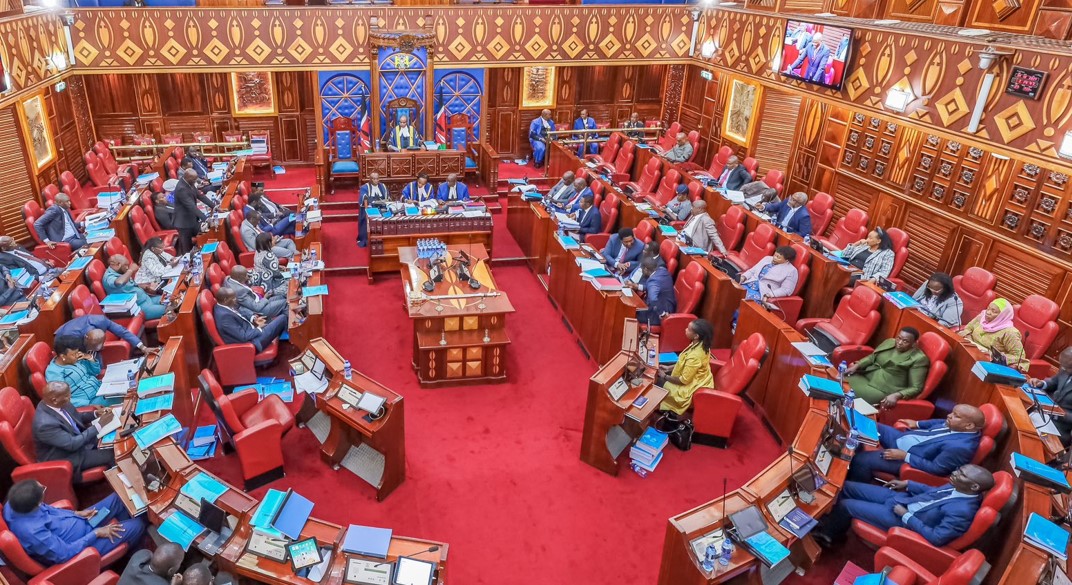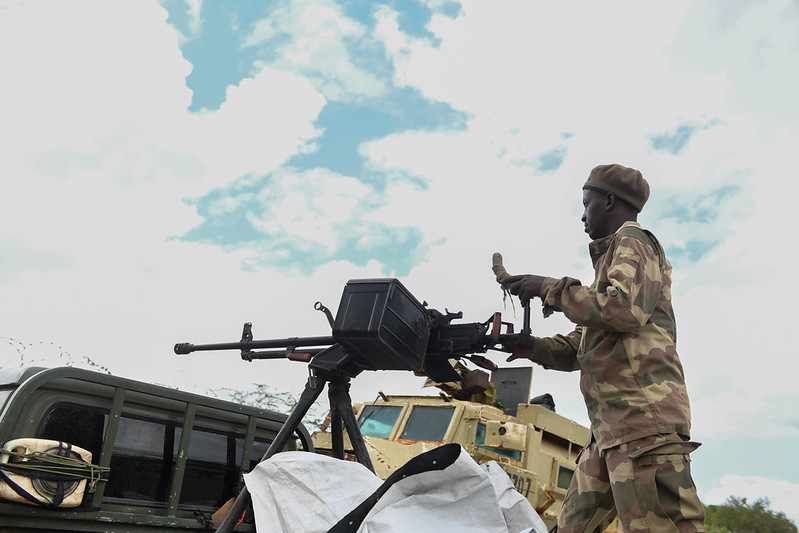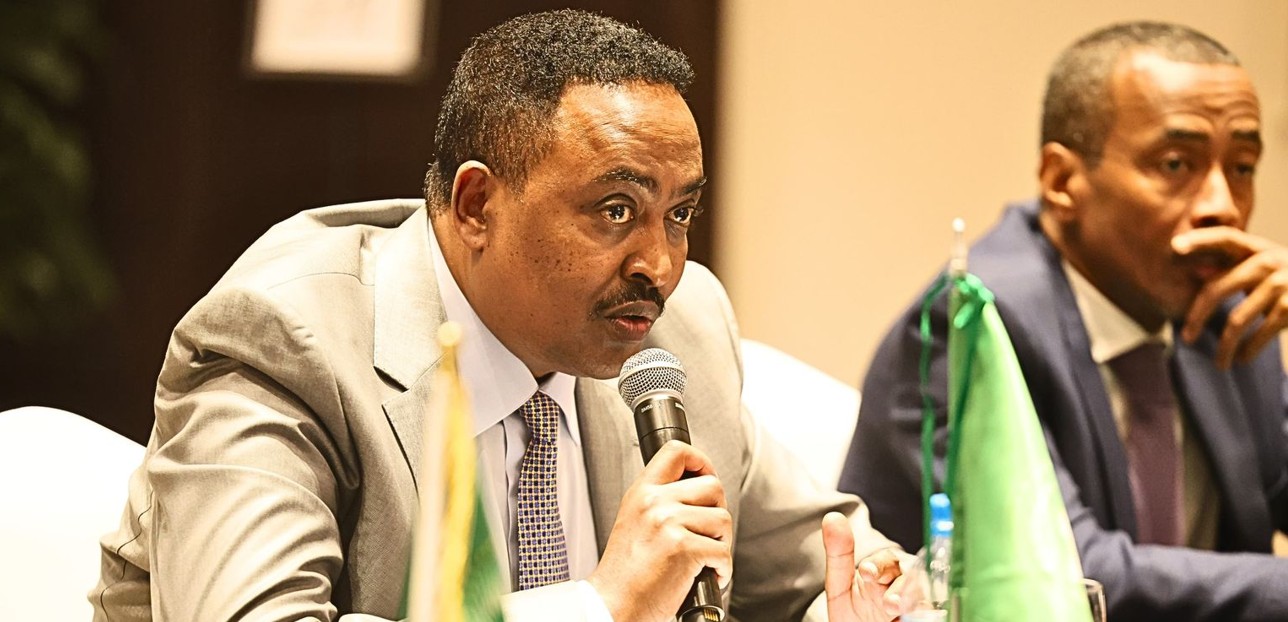Francophonie leaders meet in Kigali to advance women’s leadership
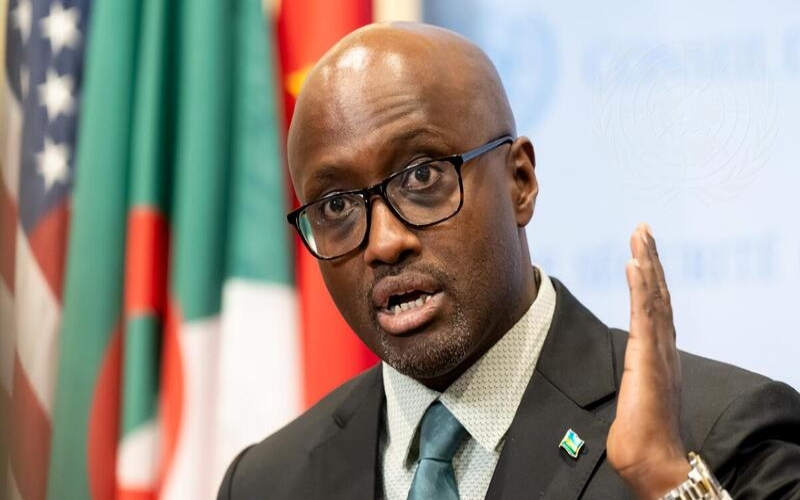
This year’s gathering will highlight the progress made, the persistent challenges, and the crucial importance of women's leadership in governance, culture, diplomacy, peace, and sustainable development within the Francophone world.
As Francophonie ministers and other leaders gather in Kigali for the first major OIF meeting ever held in East Africa, global attention turns to how the French-speaking world will chart new paths for women’s leadership, 30 years after Beijing’s landmark call for gender equality.
The 46th Ministerial Conference of La Francophonie, to be held in Kigali, from November 19 to 20, will be the first meeting of La International Organisation of La Francophonie (OIF) bodies in East Africa, according to the Ministry of Foreign Affairs and International Cooperation (MINAFFET).
More To Read
- Rwanda lifts eight-year ban on South African agricultural products
- DRC and Rwanda draft agreement to boost trade and investment
- Kenya, Rwanda expand defence cooperation to include technology and innovation
- Top 10 most used languages for web content
- After controversial stints, Vincent Karega takes helm of Rwanda’s new embassy in Algeria
- Sudan’s major football clubs to join Rwanda Premier League due to ongoing conflict
Under the theme “30 Years after the Beijing Conference: The Contribution of Women in the Francophone World,” echoing the 1995 World Conference on Women, this year’s gathering will highlight the progress made, the persistent challenges, and the crucial importance of women's leadership in governance, culture, diplomacy, peace, and sustainable development within the Francophone world.
This “high-level” meeting will bring together ministers, diplomats, and leaders from over 90 member and observer states and governments of the International Organisation of La Francophonie (OIF) for an “ambitious” political dialogue and the promotion of shared values such as democracy, gender equality, human rights, and cultural diversity, according to its organisers.
Speaking during a television programme at the Rwanda Broadcasting Agency, Oria Kije Vandeweghe, spokesperson for the Secretary General of La Francophonie, said that expectations are high in terms of gender equality in line with the Beijing Conference.
“We hope to leave Kigali with clear and renewed commitments from states because we are aware that this is a subject that is debated in all international forums. At the United Nations level, there are a lot of discussions on gender equality, but we hope to leave Kigali with concrete steps to make real progress on this issue,” she said.
During the same programme, Marie Grace Nyinawumuntu, the Director General of Europe, Americas and International Organisations at MINAFFET, said the theme for this year’s conference is relevant to Rwanda.
“For us, it's not just a slogan, because promoting women has been a political choice for a very, very long time,” she said, underscoring that what is expected from the conference in Kigali is a concrete call for realistic projects.
The official opening of the meeting is due on November 19, and it will be preceded by the 132nd session of the Permanent Council of the Francophonie (CPF), due on November 18.
With visa-free access for citizens of OIF member countries, direct flights from many major French-speaking cities around the world, “modern infrastructure and legendary hospitality, Kigali is ready to welcome the participants of this CMF46", the organisers observed.
They indicated that CMF46 will also offer a rich parallel programme with thematic panels, a Francophonie Village, cultural events and tourist activities, thus offering a memorable experience in the heart of the Land of a Thousand Hills – Rwanda.
About the Ministerial Conference of La Francophonie
The Ministerial Conference of the Francophonie (CMF) is one of the three bodies established by the Charter of the Francophonie, alongside the Francophonie Summit and the Permanent Council of the Francophonie (CPF), according to OIF.
It plays a vital role in ensuring the political continuity of the Summit by monitoring the decisions taken and preparing for future meetings. The OIF, which leads this initiative, brings together states and governments united around shared values: the promotion of the French language, cultural diversity, human rights, education, and sustainable development.
The CMF meets once a year to guarantee regular and coordinated political dialogue within the Francophone community.
Its missions include ensuring the implementation of decisions adopted at the Francophonie Summit (OIF’s supreme body) and preparing the work for the next one, setting the major priorities of the Francophonie, adopting the annual budget and financial reports of the OIF, and allocating the Single Multilateral Fund, the main financing tool for Francophonie cooperation programmes.
La Francophonie at a glance
La Francophonie refers to men and women who share a common language: French, according to the organisation, which estimates that there are over 321 million French speakers across five continents of the world.
It is also an institution dedicated since 1970 to promoting the French language and political, educational, economic and cultural cooperation among 93 member countries of the Organisation Internationale of la Francophonie (OIF) [International Organisation of La Francophonie].
The Charter of the Francophonie defines the institution; its highest authority, the Summit of the Francophonie; and its cornerstone, the Secretary General of the Francophonie, a position currently held by Rwandan Louise Mushikiwabo.
The OIF implements multilateral francophone cooperation projects alongside the Assemblée Parlementaire de la Francophonie [Parliamentary Assembly of the Francophonie] and four operating agencies: Agence Universitaire de la Francophonie [Association of Francophone Universities], TV5MONDE (an international Francophone television channel), Association Internationale des Maires francophones [International Association of Francophone Mayors], and Université Senghor [Senghor University] in Alexandria.
The Francophonie’s mission mandates are to promote the French language and cultural and linguistic diversity; to promote peace, democracy and human rights; to support education, training, higher education and research; and to foster economic cooperation to bolster sustainable development.
According to Rwanda’s Ministry of Foreign Affairs and International Cooperation, Rwanda has been a member of OIF since its creation in 1970.
The OIF supports numerous projects in Rwanda, particularly in the areas of education and entrepreneurship.
Top Stories Today

